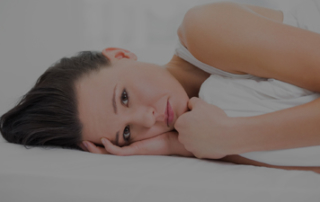Extended Release Gabapentin (Neurontin) for Hot Flashes
Several studies have shown that gabapentin (Neurontin) at 600-2400 mg/day in divided doses is effective for treating hot flashes in menopausal women. Research presented at the annual meeting of the North American Menopause Society (NAMS) indicates that an investigational extended release (ER) formulation of gabapentin (Serada, Depomed) is effective for the treatment of hot flashes and sleep disturbance.







